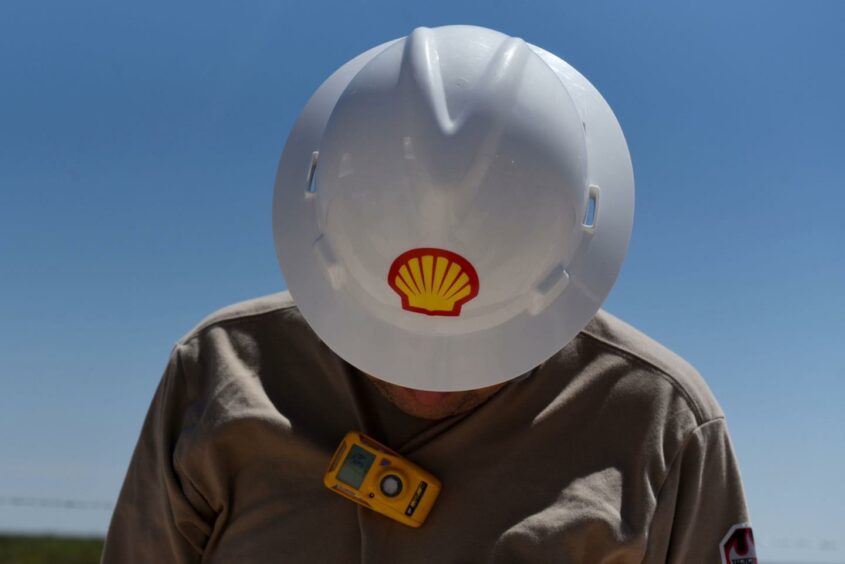
Western Australia’s entrepreneurial small businesses (SMEs) have the opportunity to partner with big industry by identifying solutions to reduce and recycle waste across the energy sector, thanks to a novel partnership between NERA (National Energy Resources Australia) and Shell.
The two organisations have joined together for round two of GeneratER — Australia’s only open innovation challenge program operating in the energy resources sector — and put a call out to SMEs to identify ways of improving plastic recycling across Shell Australia’s operations in WA, Queensland and the NT.
As Shell Australia’s General Manager Supply Chain, Ashley Bates said, the new challenge aligns with Shell Australia’s national waste strategy and its aspiration of sending zero waste to landfill.
“Respecting nature is a central part of our strategy, and we continue to work to reduce waste and explore opportunities to integrate a circular economy approach into our operations and supply chains,” he said.
Launched in June in conjunction with the WA government, GeneratER was established to help SMEs from across the state connect with and move up the energy value chain. By issuing challenges to the SME community, GeneratER aims to demonstrate local solutions to these industry challenges and maximise opportunities for collaboration and innovation.
The first challenges to be run through the GeneratER program were issued by Chevron Australia, and the winners announced by NERA CEO Miranda Taylor.
“After a very rigorous selection process, NERA and Chevron Australia have whittled down the 28 EOIs that were received to the final winners.
“Elk Fish Robotics and Cumulus Projects will partner with Chevron Australia to design a drone which will be able to fly into hazardous areas to investigate abnormal situations through onboard sensors. And Compliance Monitoring will likewise work with Chevron Australia to design an automated, remotely monitored sensing and data tracking solution for use on Barrow Island.
“GeneratER presents local, smaller businesses with the chance to develop complex solutions to industry challenges at the same time as strengthening domestic capability and capturing a larger share of the technical market. These new partnerships will potentially build exportable technology and skills and develop world-first technologies.
“The impact of winning these pilot opportunities cannot be overstated, and I’m delighted for all concerned and excited to see what’s coming next,” she said.
Commenting on the successful outcome of the EOI process Western Australian Minister for State Development Roger Cook said: “The Western Australian Government through the LNG Jobs Taskforce is proud to partner with NERA to deliver the GeneratER program. This program provides local SMEs with opportunities to expand and connect with the energy resources supply chain and will drive collaboration and innovation across the sector.
“The winning solutions reflect innovative solutions to real local industry challenges and the strong capability of Western Australian businesses. Congratulations to Elk Fish Robotics, Cumulus Projects and Compliance Monitoring on their success.”
Chevron Australia General Manager Supply Chain Management Tim McCarthy congratulated the challenge winners.
“We look forward to exploring these pioneering solutions and are proud to continue our significant investment in local Western Australian innovators,” he said.
Research released by NERA last year showed that stronger, local supplier capabilities in the oil and gas supply chain could capture an additional $7 billion of value [GVA] by 2030, generating up to $49 billion to the economy.
Ms Taylor added: “Our report showed local suppliers could increase their share of the multibillion dollar spend in the domestic oil and gas supply chain if they can unlock commercial opportunities for innovative solutions.
“So, it’s amazing to see how larger operators like Chevron and now Shell have responded to these findings and have committed to working with WA-based suppliers to explore the potential for innovative solutions to local industry challenges.”
Expressions of interest are now open for the Shell challenge, which provides an opportunity for SMEs to identify innovative ways of segregating plastic from co-mingled waste streams and to further enable the production of long-lasting, reusable, toxic-free products.
Recommended for you
